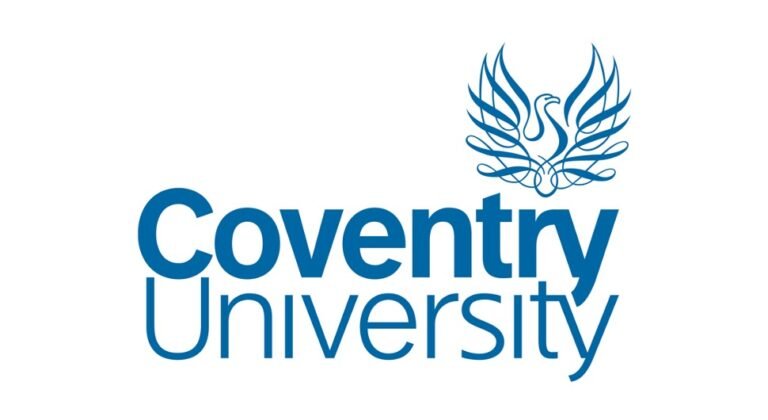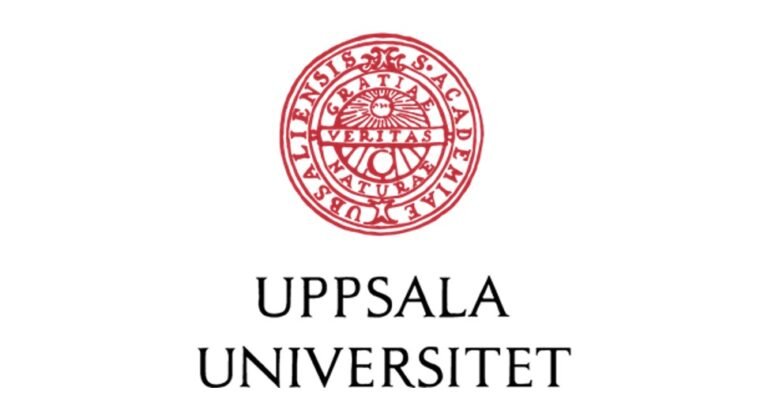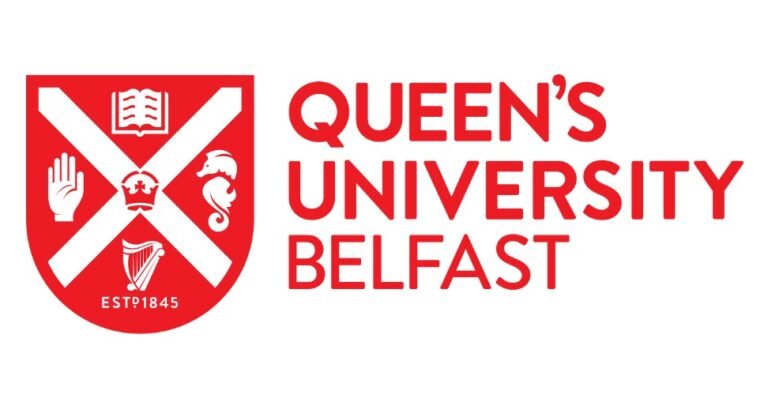Introduction
This is an exciting opportunity to study a PhD as part of a cotutelle arrangement between Coventry University, UK and Deakin University, Australia. The PhD Student will graduate with two PhDs, one from Deakin University and one from Coventry University, each of which recognises that the programme was carried out as part of a jointly supervised doctoral programme.
The programme is for a duration of 3.5 years (funding only for 3.5 years, maximum allowed time 4 years) and scheduled to commence in May 2025.
This project will start at Coventry University, UK
Project details
The aim of the study is to facilitate the integration of AI in university teaching and learning, focusing on Higher Education (HE) teachers’ experiences with GenAI technologies. According to the 2023 Government Innovation Strategy (UK Innovation Strategy, 2023), GenAI could revolutionise the way teaching and learning is orchestrated to students leading to seamless, intelligent services that are more tailored to student’s needs.
Despite the acknowledged influence of GenAI across various sectors, its impact on HE has not been investigated particularly in light of the increasing use of generative services used for personalising the student learning experience. The influential ‘Intelligence Unleashed’ report (Luckin et al., 2017) emphasised that GenAI should not be perceived as a technological solution but as a process that enables understandings of how learning happens. However, teachers may feel overwhelmed by the complexity of using GenAI and the ethical and pedagogical implications of what it can offer.
As GenAI becomes more embedded in blended and hybrid learning environments, it generates significant ethical questions about privacy, data security, and the fairness of GenAI-driven decisions. Pedagogically there is a need to balance GenAI integration with student-centred teaching to ensure that technology improves rather than detracts from the learning experience. The study will investigate these challenges and provide empirically-based propositions to support university teachers’ in designing and orchestrating effective GenAI-driven teaching and learning. Specifically, the study will address three objectives:
•Examine university teachers’ experiences of GenAI in blended and hybrid teaching and learning environments.
•Develop a framework to classify and map AI-based teaching variations, assisting university teachers in expanding innovative practices.
•Investigate the broader implications of AI in teaching, including ethical, technological, pedagogical, and skills development aspects.
We seek a highly-talented, motivated, and open-minded candidate, with background in computer science, technology-enhanced learning or a related discipline. Experience in qualitative data-driven processes and co-creative methodologies for discerning AI-based technology interventions for teaching and learning is highly desirable. Ability to manage time and work to strict deadlines is required.
Funding
Tuition fees and stipend
Benefits
The successful candidate will receive comprehensive research training including technical, personal and professional skills. All researchers at Coventry University (from PhD to Professor) are part of the Doctoral and Researcher College, which provides support with high-quality training and career development activities.
This is an exciting opportunity to study a PhD as part of a cotutelle arrangement between Coventry University, UK and Deakin University, Melbourne, Australia. The PhD Student will graduate with two PhDs, one from Deakin University and one from Coventry University, each of which recognises that the program was carried out as part of a jointly supervised doctoral program.
Candidate specification
Applicants must meet the admission and scholarship criteria for both Coventry University and Deakin University for entry to the cotutelle programme.
- Applicants should have graduated within the top 15% of their undergraduate cohort. This might include a high 2:1 in a relevant discipline/subject area with a minimum 70% mark (80% for Australian graduates) in the project element or equivalent with a minimum 70% overall module average (80% for Australian graduates).
- A Bachelor’s degree in a relevant field requiring at least four years of full-time study, and which normally includes a research component which is equivalent to at least 25% of a year’s full-time study in the fourth year, with achievement of a grade for the project equivalent to a H1 standard or 80%.
OR
- a Masters degree, with a significant research component, in a relevant subject area, with overall mark at minimum Distinction.
- In addition, the mark for the Masters thesis (or equivalent) must be a minimum of 80%.
- Please note that where a candidate has 70-79% and can provide evidence of research experience to meet equivalency to the minimum first-class honours equivalent (80%+) additional evidence can be submitted and may include independently peer-reviewed publications, research-related awards or prizes and/or professional reports.
- Language proficiency (IELTS overall minimum score of 7.0 with a minimum of 6.5 in each component).
The potential to engage in innovative research and to complete the PhD within a prescribed period of study.
Additional Requirements
- Experience in employing co-creative and qualitative methodologies for technology-enhanced learning research
- Experience of using GenerativeAI applications and tools in education
- Experience of technology-enhanced learning, blended or hybrid learning design
- A record of presenting papers at conferences and/or of publishing peer reviewed research papers (desired)
- Ability to think creatively and critically analyse data and results;
- Good written and oral communication skills
- Ability to manage time and work to strict deadlines
How to apply
To find out more about the project, please contact Dr Petros Lameras
All applications require full supporting documentation, a covering letter, plus a 2000-word supporting statement showing how the applicant’s expertise and interests are relevant to the project.





